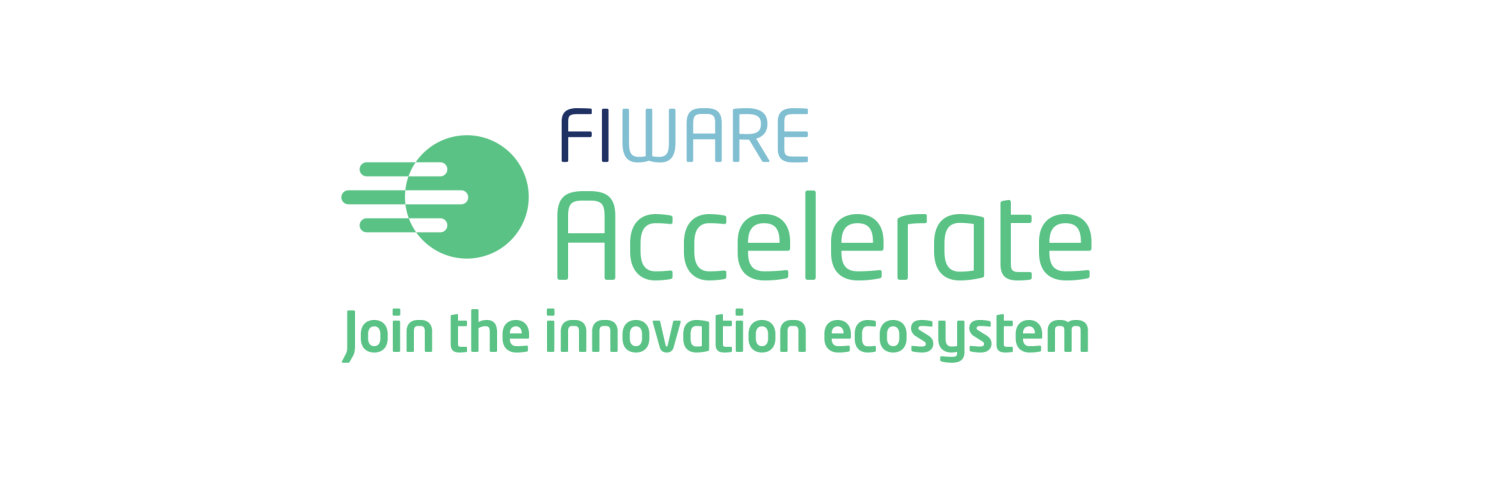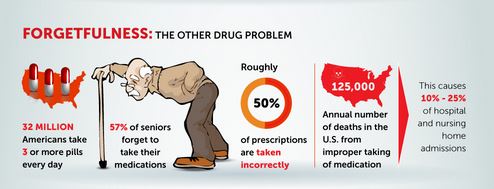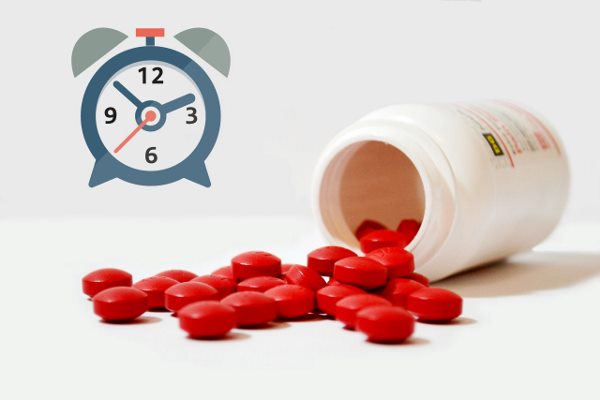These days, some of the most exciting startup initiatives is coming out from the European FIWARE initiative which aims at creating a sustainable ecosystem to take advantage of the new opportunities generated by a new wave of Internet technologies. Some of the FIWARE accelerators have focused on the promotion of eHealth and a few excellent startups have been funded to develop technologies to promote healthy, active, and independent living in particular among the elderly.
Some of my favorite startups that are focusing on elderly care:
- Alzhup: This App seeks to improve the quality of life of people with Alzheimer’s by integrating actual memories and scientifically-proven therapies in a single platform, slowing the cognitive decline of the patient, as well as facilitate the active participation of the entire family and care team in the treatment process.
- Increasetime: The main focus of this startup is to promote the quality of life of the general population, with a special focus on patients with chronic diseases and on the independent, active and quality ageing. They develop health care solutions based on ICT (information and communications technology) and wireless sensors.
The solutions allow a continuous monitoring of the elderly person’s health state and, through a leading edge alarm system, they allow a quick intervention in case of an emergency. - Sentimoto: They develop novel methods for the analysis of long-term physical activity, physiological and environment data collected by wearable sensors, with the aim of identifying social withdrawal and altered behavioral patterns that are predictive of decreased quality of life and a need for social care intervention. They aim to provide easy, trusted sharing of these insights, putting well-being information into the hands of older people and their circle of care.
- InCitytogether: Is another useful App that empowers the elderly and promote healthy and active ageing. In addition to monitoring some of the person’s vital signs (e.g heart beat rate, blood pressure, sugar level) and securely sharing this data with your GP and/or a relative, this App also provides real time information from city sensors, which warn seniors about environmental changes (heat, cold, rain, etc.) and health issues (pollution, pollen count, etc.). The App (and provided sensors) can also monitor your activity level and sleep patterns, and it will even inform you about your city’s cultural, educational, and fun events happening around you :-).
In short, these initiatives all have a common goal which is to empower the elderly and allow them to remain at home* and enjoy an independent life for as long as they can.
*: According to research by the American Association of Retired Persons (AARP), nearly 90 percent of seniors want to stay in their own homes as they age, often referred to as “aging in place.” (source: www.iyhusa.com/AginginPlaceFacts-Data.htm)


